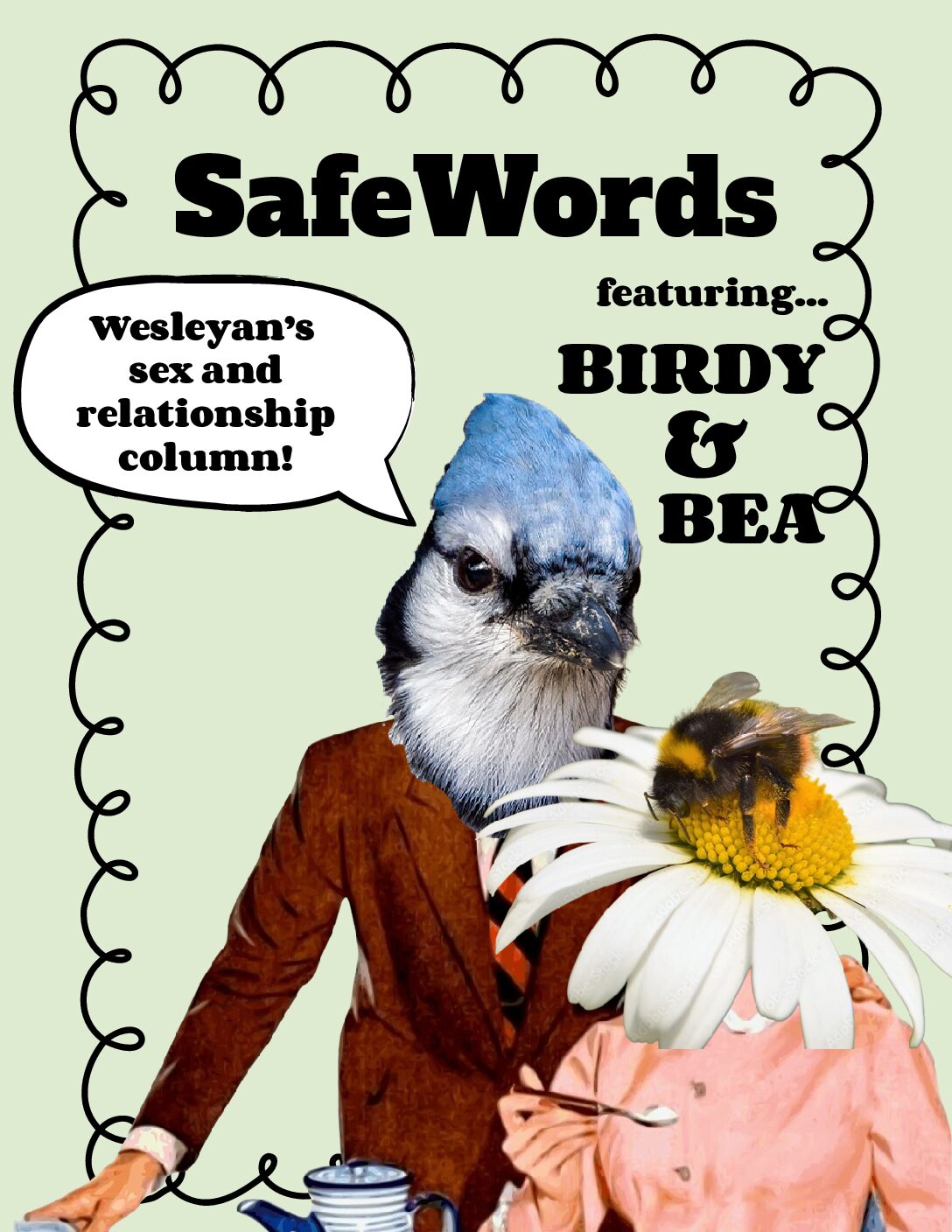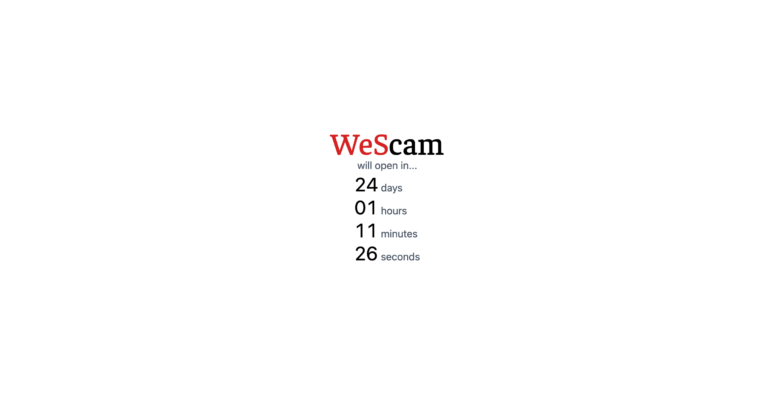The Faraz Khan Lecture
“But waste not by excess, for Allah loveth not the wasters.” (Quran: 7:31)
On Friday February 20, at 4:30 p.m. in PAC 001, Faraz Khan will deliver a lecture entitled, “Environmental Ethics and Islam: Providing a Pragmatic Model.”
Khan is now a senior wetland scientist for the State of New Jersey, but he started his professional career as a teacher of Islamic Studies. He obtained a degree in Quranic Recitation (Qira’at) from the University of Damascus before then earning his B.A. in Environmental Geology at Rutgers University. Khan later became certified in wetland science through a program at Rutgers University’s Cook College, and he taught as an adjunct professor of environmental science at Passaic County College. In addition to his wetlands work, he currently serves as an advisor to the Muslim Student Associations at both Rutgers University and Princeton University.
Faraz Khan maintains a blog at http://liberalartsforum.blogspot.com:
“I find this blog to be another medium to convey a message, a responsibility that I feel on my shoulders—to call people to the Truth. I have been trained as a thinker/orator in liberal arts. My interest lies in history, philosophy, environmental ethics, sharia, Arabic calligraphy, and tajweed. Here is an attempt to delineate a path within the American social context.”
Khan will discuss the Islamic concept of khalifa, or “stewardship” over nature. Islamic law includes a specific category of jurisprudence called fiqh al-bi’ah, or “jurisprudence of the environment.” Law-makers take a number of the foundational concepts of Islam (such as rahmah: “mercy,” tawazun: “harmony,” andshukr: “gratitude”) and apply them to this ethico-juridical discipline which links ecological health to the psychological health of man. Environmental degradation is seen as a sickness of the human ego because man is unable to give up short-term gratification in favor of long-term prosperity.
Khan is concerned with our modern-day “waste culture.” In a recent lecture (posted as an article on his blog), he explains: “It is clear that environmental crisis requires more than a scientific quick fix. In reality it is not an ‘environmental problem,’ but rather a human problem. Furthermore, it is only a modern human problem because there is no connection to the sacred ethics. Consequently, no scientific gadget will solve the current environmental crisis unless the society unlearns the materialism that has become part of the global culture.”
“Secular” environmental ethics, according to Khan, assumes a dichotomy between humans and other living organisms and therefore frames all ethical questions in either biocentric or anthropocentric terms. Khan compares this approach to the holistic “sacred ethics” of sharia (Islamic law): “In essence, the nature or environment is a creation of God and any deviation from natural way (fitra) is a divergence from the way of God. This natural way or fitra is a Qur’anic concept that takes into account the harmony in creation and the balance that exists between living and nonliving creatures.”
Come to Friday’s lecture and hear more from Faraz Khan!






all crap !!
islam is a whole lot of bull and nothing but bull !
has this idiot even read islam properly ? there are several state of the art translations from that gutter arabic it’s written in . Everybody today is reading up on dirty islam and this idiot stuck in islam is giving us a lecture on ethics !! This guy is an educated guy so why is he still in islam ? why hasn’t he moved out of islam ? what is there in islam that keeps him in the cult ? where are the ethics and honesty and living peacefully with other people in islam that he can quote? this guy is preaching ethical planetary living while his cult of islam demands from him to be cruel and a liar and actually forbids him from talking to people like us !! where are his women folk ? why is this guy still in islam ? somebody ask him to show proof in the master document of the cult of islam the good sides of islam.
there is nothing in the koran that is good. somebody challenge this moron.